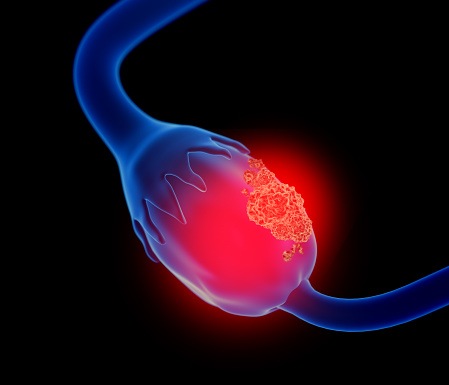
The low dose use of 2-deoxy-D-gluclose can overcome chemotherapy resistance in an ovarian cancer subtype, according to the findings of a pre-clinical study which appeared in the journal Cancers.
“Ovarian clear cell carcinoma is associated with poor prognosis and resistance to chemotherapy,” said Principal Investigator, Professor John Hooper from the Translational Research Institute (TRI) in Brisbane, Australia, who along with his team collaborated with researchers from the Queensland University of Technology (QUT) and the Mayo Clinic in the United States of America.
The researchers discovered that 2-deoxy-D-glucose, could be used at very low levels to markedly improve the effectiveness of the chemotherapy drug, carboplatin, in treating laboratory models of clear cell ovarian cancer. “The key finding from our study is that low levels of 2-deoxy-D-glucose markedly improved the efficacy of carboplatin against preclinical models of this ovarian cancer.
“Our pre-clinical work used cells taken from patient tumours, so we were very encouraged that we could use such a low dose of 2-deoxy-D-glucose to overcome resistance to chemotherapy in this cancer and stop tumour growth.
“This drug has been trialled previously in other cancers, but we were able to use a 10-fold lower dose than previously reported so that it’s safer for patients and is less likely to cause side-effects.”
Moving forward, the researchers are hoping to begin testing the treatment combination in patients within the next 12 months, following the announcement they had received an award to progress the ovarian cancer research.
https://twitter.com/thedextazlab/status/1250801728171245568
Australian researchers find drug overcomes chemotherapy resistance in ovarian cancer https://t.co/kA8UWslBtE
— Dr YaYa (@KyYaYa1970) April 16, 2020

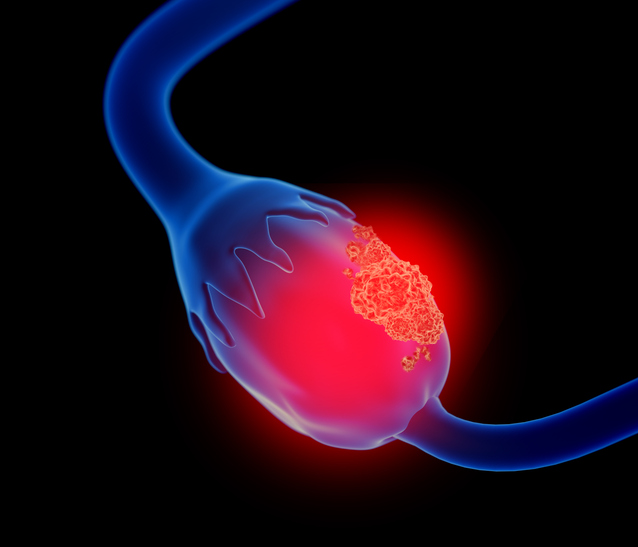
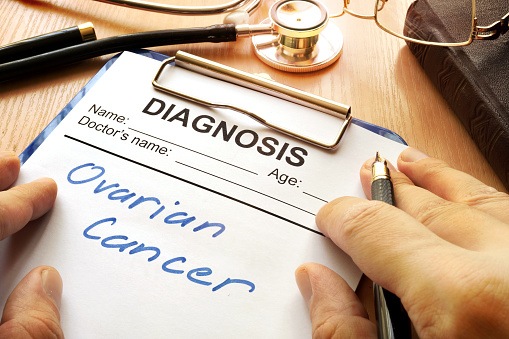
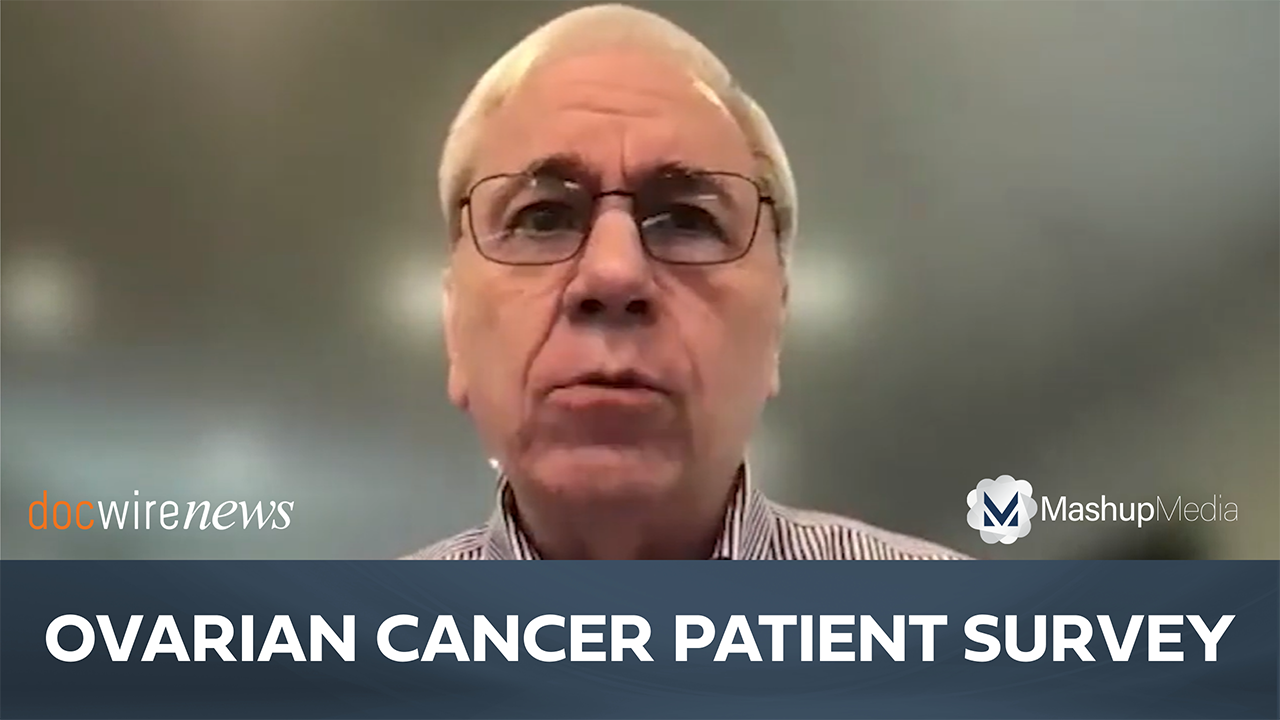
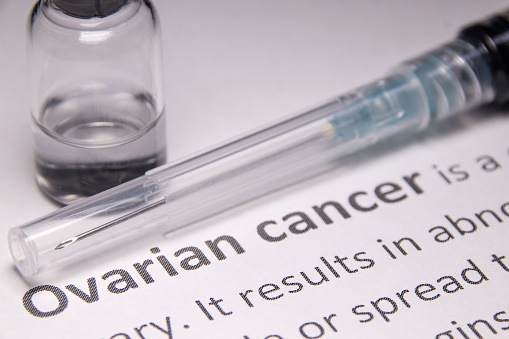
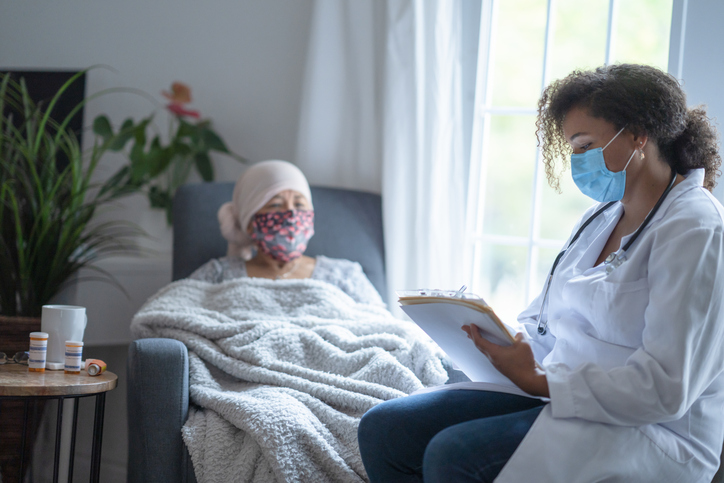

 © 2025 Mashup Media, LLC, a Formedics Property. All Rights Reserved.
© 2025 Mashup Media, LLC, a Formedics Property. All Rights Reserved.